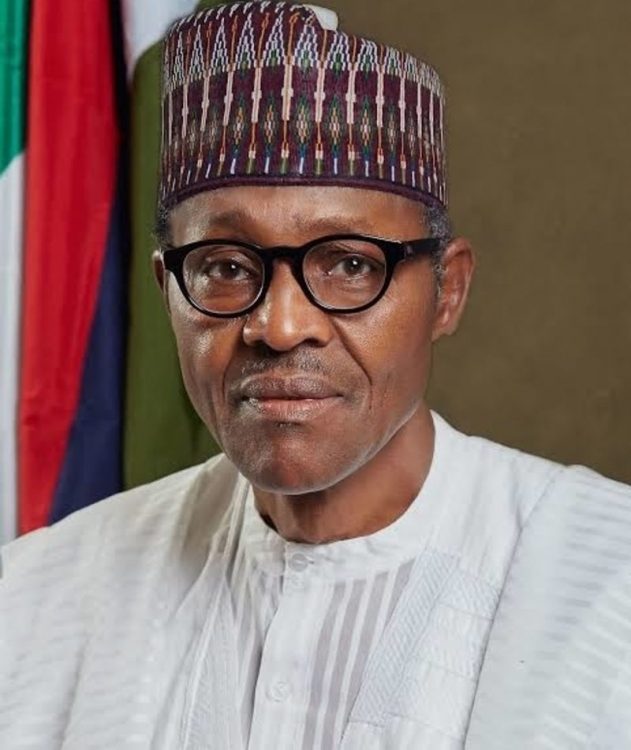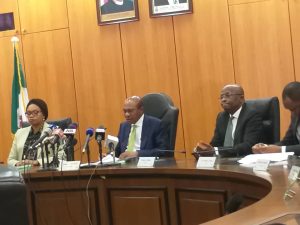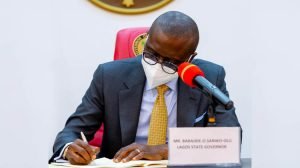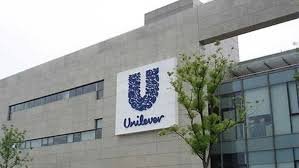
The inability of the Nigerian capital market to contribute significantly to capital formation under President Muhammadu Buhari in the past eight years is in focus as the administration comes to an end.
Indeed, capital market stakeholders, while assessing Buhari’s eight years in office, said the market only served as a public financing window in the period.
Just last year, the Federal Government borrowed N2.94 trillion through the bond market to finance the 2022 budget deficit. This represented an increase of 8.13 per cent over N2.72 trillion borrowed to finance the budget deficit between January and November of 2021.
Additionally, the stakeholders argued that the socio-economic situation in Nigeria in the past eight years of his administration impacted negatively on the capital market.
According to them, despite the promises to improve the capital market, operators and investors are living in regret due to the consequences of failed promises of the administration.
The enthusiasm that greeted Buhari’s victory in 2015, had since faded as investors were unable to identify any value addition to the capital market by his government.
They pointed out that one of the regrets is the failure to keep the inflation rate at a single digit. As a result of rising inflation, the real rate of return on equities was -10.91 per cent in 2021 while bonds recorded -10.65 per cent. The situation has deteriorated further since inflation climbed to above 22 per cent.
HeadlineThe headline rate increased to 22.22 per cent on a year-on-year basis in April. This is according to the consumer price index (CPI) released by the National Bureau of Statistics (NBS).
The figure was 0.18 per cent points higher compared to the 22.04 per cent recorded in March 2023.
It said on a year-on-year basis, the headline inflation rate in March 2023 was 5.40 per cent higher than the rate recorded in April 2022 at 16.82 per cent.
Although, when Buhari took office in 2015, market capitalisation was N16.88 trillion (equities 68 per cent, bonds while others were 32 per cent).
By May 2023, the capitalisation had risen to N52.215 trillion (equities N28.431 trillion, bonds N22.383 trillion, ETF N9.666 billion) while the number of listed securities stood at 325 (equities 157, bonds 97, ETF 12 and funds 59).
The figures were higher than the 2015 figures of 280 for the number of listed securities (equities 196, bonds 52, ETF 4, and funds 28).
However, notwithstanding this increase, the ratio of equities market capitalization to GDP remains paltry at about 12.5 percent, indicating that the capital market is not strongly integrated with the economy.
Indeed, the nation’s stock exchange rank behind its peers in terms of its contribution to GDP. The size of the capital market constrains its role in economic development compared to South Africa with over $ 1 trillion in market capitalisation representing over 200 per cent of the country’s GDP.
Specifically, South African stock market contributions to GDP hit 50 per cent as at 2020 while Mauritius stock market capitalisation accounted for 45.3 per cent of GDP as at December 2022.
Ghana’s stock market capitalisation accounted for 14 per cent of its GDP as at Dec 202. Also, Egypt’s stock market capitalisation accounted for 14 per cent of GDP as at February 2023.
Further assessment showed that foreign investors’ confidence in the market had continued to wane during the eight years of President Buhari’s leadership.
In 2015, foreign investor’s participation in the market was 54 per cent. It fell steadily to 17 per cent in 2022. Forex scarcity and capital control by the Central Bank of Nigeria (CBN) have kept many foreign investments trapped in Nigeria.
The stakeholders insisted the outcome of the general election that brought President Buhari to power in 2015 was depressing for investors because it has further eroded investors’ confidence in the market.
Vice President of Highcap Securities, David Adonri, said eight years of President Buhari’s administration failed to revive the primary market for equities, causing the capacity of the market to form capital for the real economy to become underutilised.
“Although 2019 was remarkable for new listings on NGX. As one of the settlement terms with FG for an infraction, MTN was compelled to list on NGX. That mega listing encouraged AirtelAfrica, another telecoms giant to also list on NGX, thus shooting up market capitalisation of equities to over N19 trillion.
“Since then, other major companies like BUA cement, BUAfoods, and Geregu Power have swelled the market capitalisation of NGX through the listing by introduction. In 2021, MTN went further in making a subsidiary listing of its offer for subscription targeted at retail investors.”
However, he noted that there was practically no other equities public offering throughout the eight years of President Buhari’s tenure besides MTN IPO due to the decline of interest rates that followed the expansionary fiscal and monetary policies of the federal government.
Adonri urged the incoming administration to reverse the trend by formulating capital market-friendly macroeconomic policies that will make the yield on equities higher than the yield on debt instruments.
According to him, the preponderance of taxes, levies and fees collected by government from the capital market are already choking the market.
Additionally, he stressed the need for government to revive its privatisation exercise and list the privatised companies including NNPC on the stock exchange.
He added that private enterprises should be compelled to list shares on the exchange to integrate the capital market further with the economy.
Head of Equity, Planet Capital, Dr. Paul Uzum, said President Buhari assumed office at a time the Nigerian capital market was still struggling to recover from the effects of the 2008/2009 financial crisis.
According to him, rather than sustaining the recovery of the market, his policies made market conditions get worse than they were because the market performance strongly correlates with the economy.
“The economy collapsed under President Buhari, we had two recessions, followed by galloping inflation, unstable and ever falling exchange rate, stunted economic growth, insecurity, stagflation, rising poverty, rising public debt, uncontrolled printing of new money which they called ways and means, and widespread corruption by politicians.”
Uzum noted that many companies are struggling under the current regime aside from banks that benefited from high interest rates and agricultural companies like Okomu and Presco that benefited from the ban on imported items.
“Forex was scarce, affecting manufacturers’ ability to import raw materials and produce. The poor performance of quoted companies impaired the growth of the market. The weak economic conditions made foreign portfolio investors withdraw from Nigeria, reducing market liquidity in both the equities and the fixed-income market.
“Foreign investors used to do about 60 per cent of the market as at 2015, today they do less than 20 per cent. Many companies were delisted from the market because they could not harness the benefits of listing in a failing economy. Only a few new companies came to list in the market over the last eight years. In all, President Buhari’s administration was horrible for the market,” he said.








